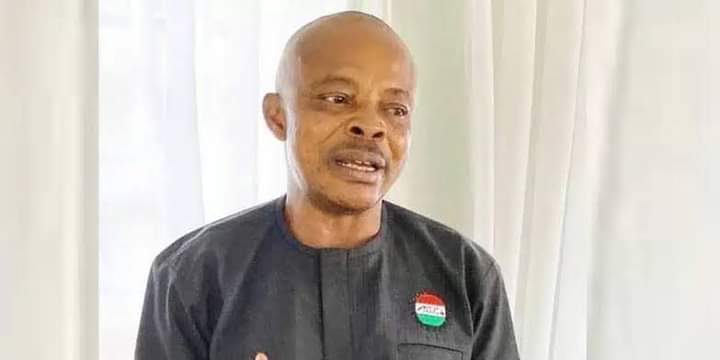The Nigerian presidency has strongly denied allegations of human rights violations made by the leader of the Trade Union Congress (TUC) in the United Kingdom during their conference in London.
In a statement signed by Bayo Onanuga, Special Adviser to the President (Information & Strategy), the government refuted the claims, explaining that the accusations were based on false information, particularly regarding the recent travel restriction imposed on Joe Ajaero, President of the Nigerian Labour Congress (NLC). Ajaero was prevented from traveling abroad after ignoring an invitation from a Nigerian law enforcement agency conducting an ongoing investigation. His failure to comply with this summons, the statement noted, is a breach of Nigeria’s legal processes, as no one is above the law.
The presidency emphasized that under the Constitution of the Federal Republic of Nigeria (1999, as amended), all citizens are subject to the rule of law. Similar to the United Kingdom and the United States, Nigeria expects compliance with lawful investigations. The government cited examples like former U.S. President Donald Trump and Hunter Biden, both of whom have been involved in investigations, to highlight that legal scrutiny does not equate to human rights abuse.
Led by President Bola Tinubu, a well-known pro-democracy advocate, the government remains committed to safeguarding civil liberties and upholding the rights of all Nigerians. There is no hostile relationship between the government and the Nigerian Labour Movement. While disagreements over policies may arise, the government has always shown a willingness to engage with labor unions, despite their political leanings.
The statement also clarified that the Department of State Services’ invitation to Ajaero has no connection with his role as NLC President. As a responsible citizen, Ajaero is expected to cooperate with law enforcement agencies, rather than encourage public sentiment against these institutions.
Furthermore, the presidency reminded Nigerians and the international community that while labor unions exist to protect their members, certain ideological positions taken by unions have hindered Nigeria’s economic development. A notable example occurred in 2007 when the NLC and TUC opposed the sale of the Port Harcourt and Kaduna refineries to Bluestar Consortium, led by Aliko Dangote and Femi Otedola. Their opposition led to the cancellation of the sale, and 17 years later, none of the government-owned refineries are operational.
In contrast, Aliko Dangote, one of the promoters of Bluestar, has successfully built the world’s largest single-train refinery in Lagos. Ironically, the Labour Movement that once opposed his plans now celebrates the completion of Dangote’s 650,000-barrel-per-day refinery.
Despite ongoing challenges, the Tinubu administration remains dedicated to implementing policies that will foster economic growth and ensure prosperity for all Nigerians.
4o

